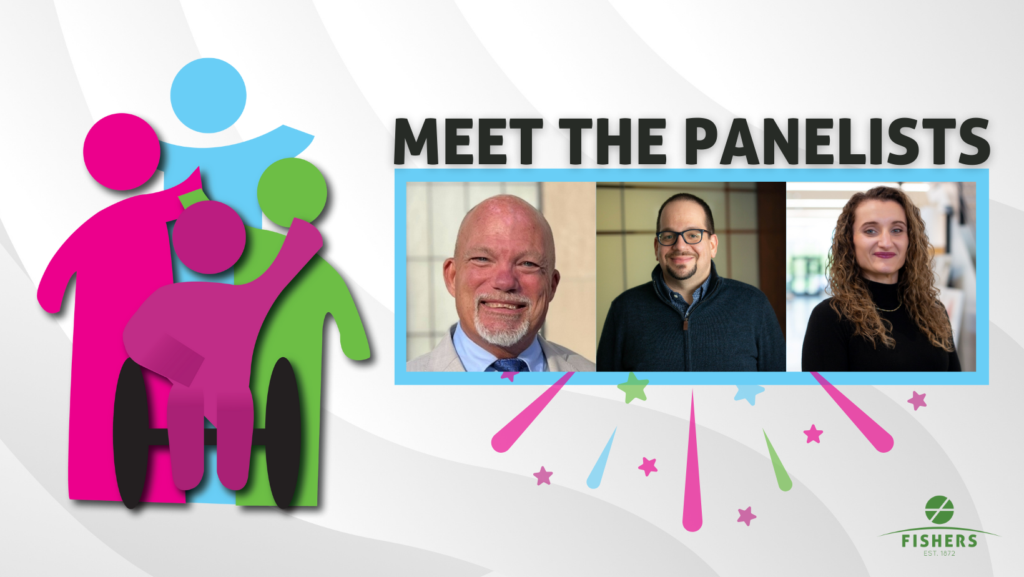Checking in with your loved ones and neighbors can make a difference and even save lives. Research tells us that loneliness is as dangerous than smoking 15 cigarettes a day.[i] Knowing how to build our support networks and how to navigate the mental health system can be confusing, so the Fishers Mental Health Advisory Group and its four action teams are developing resources to help. The recently updated Stigma Free Fishers website offers many online mental health resources. The following are more resources for accessing mental health care.
When should I seek mental health care?
- If you are wondering if you should seek mental health care, talk with your primary care provider. Ask what mental health services their office provides, such as therapy or medication management, and if they would recommend any additional services. Some people find it helpful to share the results of a mental health self-assessment with their physician.
- Do not delay seeking treatment. Mental health professionals are very busy due to the significant increase in demand for their services. Seek care early so that you have more time to find and obtain an appointment with a mental health professional who is a great fit for you.
- The National Institutes of Mental Health recommends that you “don’t wait until your symptoms are overwhelming” and that you “seek professional help if you are experiencing severe or distressing symptoms that have lasted two weeks or more”, such as:
- Difficulty sleeping
- Appetite changes that result in unwanted weight gain/loss
- Struggling to get out of bed in the morning because of mood
- Difficulty concentrating
- Loss of interest in things you usually find enjoyable
- Inability to perform usual daily functions and responsibilities (source)
- Review additional signs and symptoms of a mental health condition here
- If you or someone that you care about is experiencing a mental health crisis, contact or go to a crisis service immediately.
How do I help someone access mental health crisis support?
- Call 988
- Contact local crisis resources here
- Call 911
- Go directly to a mental health crisis center or an emergency department at a local hospital.
How do I find a mental health provider?
- If you have health insurance, contact your health insurance company to identify your mental health benefits, covered mental health services, prior authorization processes, co-pays, co-insurance, deductibles, and the list of in-network providers.
- Ask your primary care physician or nurse practitioner for a referral to a mental health professional that is on your health insurance network’s list of providers.
- Ask your employer if they provide mental health services using an Employee Assistance Program (EAP). Often EAPs offer free counseling and other services to employees and their families.
- Consult trusted healthcare providers, friends, family, and faith community leaders to find a mental health professional.
- If you do not have health insurance, contact a community mental health center, federally qualified health center, or free clinic.
- Find out about local mental health resources and payment options here.
- If you are seeking mental health support for your child or adolescent, consult your child’s pediatrician to discuss your concerns. You may also find resources on your child’s school website or through their school counselor.
- If you have a college student, contact their university to obtain a list of mental health services and resources.
- For people seeking substance use treatment and recovery services, here are some local resources. There is also a new tool here that asks a series of questions and then helps people find the level of care they need based on their answers. It lists the treatment options and providers that are indicated based on the survey answers.
- If you have Medicare, visit these two links: Outpatient Care & Care Compare.
- If you have Medicaid, visit their resources here.
- If you are a Veteran or go to the Veteran’s Administration: www.va.gov/health or 1-877-222-8387 & Give an Hour.
Early intervention is always preferable and leads to better outcomes. If you or your loved one is wondering if you need mental healthcare, speak to a primary care or mental health provider. Help is available!



